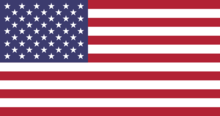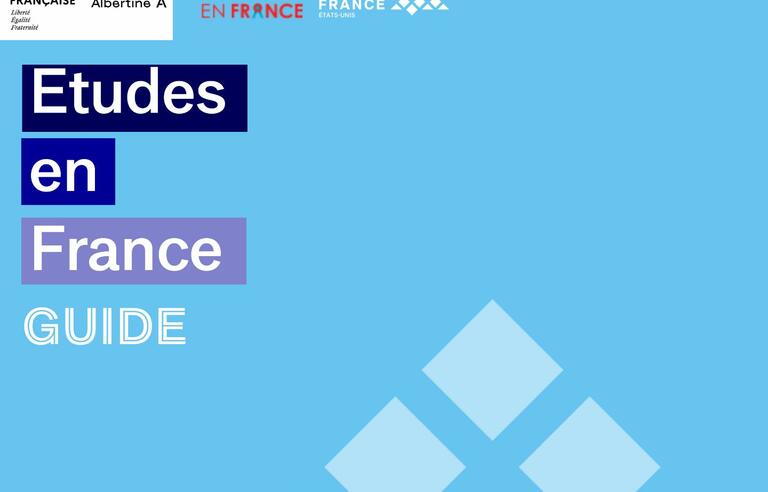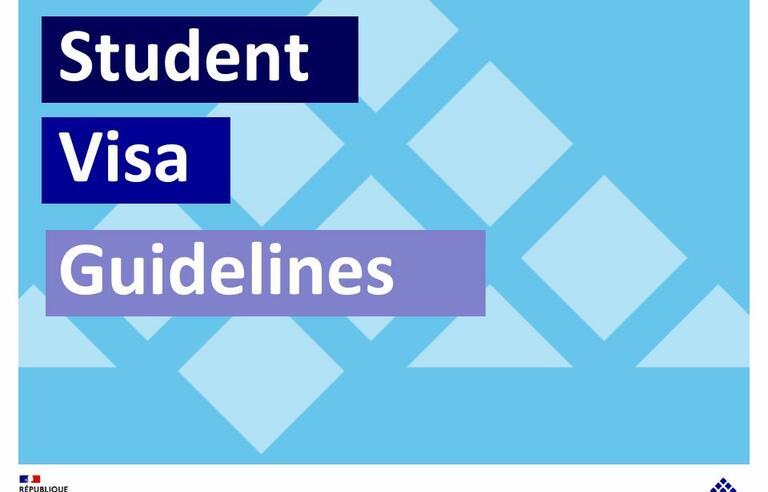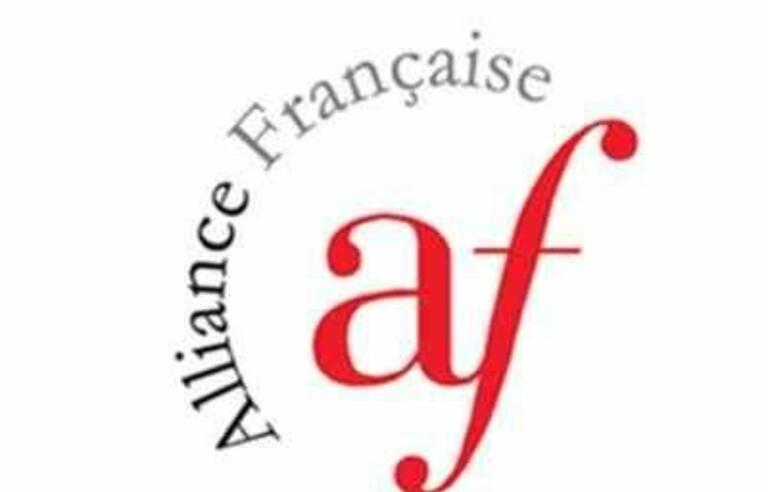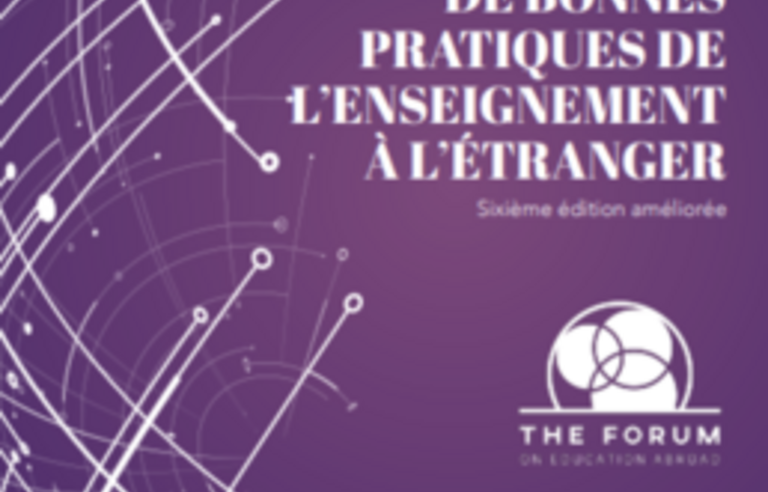Medical Studies in France
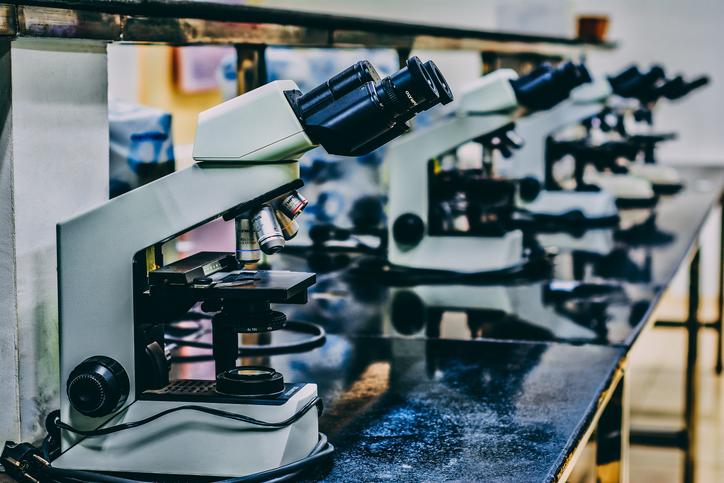
Applications to Medicine, Midwifery, Dentistry, Pharmacy, and Physiotherapy* (MMOPK) programs are now possible through two different pathways during the first year: health science specialization (PASS) and a degree with a health sciences option (L.AS).
Applications to Medical Studies in France
Following reforms in health science education, the first-year common curriculum in health science studies (PACES[1]) was removed. Applications to Medicine, Midwifery, Dentistry, Pharmacy, and Physiotherapy* (MMOPK) programs are now possible through two different pathways during the first year: health science specialization (PASS) and a degree with a health sciences option (L.AS).
An informative video from the Université de Tours explains the differences between the PASS and L.AS options.
Onisep also publishes robust resources that explain medical studies in France.
*These pathways don’t necessarily include a physiotherapy program. The inclusion of this program is determined by an agreement between the IFMK (Institution of physiotherapy and massage therapy education) and the university. Students must make sure to inform themselves in advance of which programs are available through each IFMK.
MMOPK[2]: Medicine, Midwifery, Dentistry, Pharmacy and Physiotherapy
Beginning with the start of the school year in 2020, candidates with a baccalaureat or equivalent degree will have two possibilities to pursue their education in medicine:
A specialized health sciences program (PASS[3]) with a second option in another discipline (ex: law, biology, etc.). At the end of the first year:
If the student is admitted to the health sciences program, they will then continue on to their first cycle of health science studies (medicine, midwifery, dentistry or pharmacy).
If the student does not pass the admissions exam but still successfully completes their first year, they can continue to year two of their degree with the second program option they chose. In this case, they can later retake the health sciences program admissions exam for the second and last time. Students can apply at the end of year 2 or year 3.
If the student does not pass their first year, they must transfer. Repeating a year is not permitted.
[1] Première Année Commune aux Études de Santé
[2] Médecine, Maïeutique, Odontologie, Pharmacie et Kinésithérapie
[3] Parcours d'Accès Spécifique Santé
A degree with a health sciences option (L.AS[1]), which plays to the student’s strengths by including a non-medical option (ex: humanities, law, etc.) as well as a health sciences option in their desired department. At the end of the first year:
If the student successfully completes their first year and passes the health sciences admissions testing, they may be admitted for their 2nd year into the health science department to which they originally applied.
If the student successfully completes their first year but does not pass the health sciences admissions testing, they can continue with the second specialization option that they originally chose. They can later apply to the health sciences program a second and final time at the end of year 2 or year 3.
If the student does not pass their first year, they may repeat that year or transfer.
[1] Licence Accès Santé
The end of numerus clausus (restricted admission) and competitive exams
In addition to the elimination of the PACES year, the selection process was modified, and numerus clausus is no longer necessary.
Each university, in collaboration with its regional health services agency, will determine the number of students that it can admit to each health science department, and will divide the open slots among the different access pathways. Competitive exams based solely on multiple choice questions are no longer in use.
Students will be selected based on their results in a particular program (L.AS or PASS) and in certain cases based on additional testing, e.g., oral exams. Each university will determine what kind of admissions testing will be used (written exams, oral exams, admission based on application file).
Characteristics of admissions testing
Health science studies being a selective field, applicants are evaluated based on:
- Grades obtained during the student’s academic career that are relevant to the assessment of skills needed to succeed in health science studies.
- Supplementary testing, oral or written, that shows evidence of other useful skills.
- Students who have received grades that surpass a threshold determined by the University may be directly admitted without any supplementary testing. The format of these tests will be specified by each university.
PASS OR L.AS: CHOICES
Secondary school graduates must take into account their strong suits, their areas of interest and the pathways that interest them outside of medicine.
The candidacy for the study of health science will be judged, in large part, on grades obtained during the first year of university. It is therefore recommended to take courses based on strong suits from secondary school and intended study program.
Secondary school graduates whose strong suits lie outside of biology can choose a degree with “health science option” in an area which interests them.
Health science studies are long:
- 5 years schooling[1] after baccalaureat[2] completion for midwives
- 9 to 11 years schooling after baccalaureat completion for doctors
- 6 to 9 years schooling after baccalaureat completion for pharmacists
- 6 to 8 years schooling or 9 years schooling after baccalaureat completion for the long third cycle for dental surgeons
[1] Bac + 5
[2] The French Baccalaureate is an exam taken at the end of secondary school in France. The above referenced timeframes for education are based on BAC+5, BAC+9 to BAC+11, BAC+6 to BAC+9, BAC+6 to BAC+8, and BAC+9 respectively and by information obtained from the Sorbonne University Medical School website.
The application process in MMOPK (PASS or L.AS) in public universities is done on the Études en France website. Unless exempted, a certification of French competency (certification de français) (TCF or DELF/DALF) is obligatory. See the Application Overview.
Click here to access the inter-ministry memorandum N°DGOS/RH1/RH4/DDI/BIP/2012/330 from 31 August 2012 pertaining to reception arrangements for training in France for foreign medical and paramedical students and professionals
University diplomas (DU), Inter-university diplomas (DIU), certificates of upper-level study (CES) and skills tests offer additional training adapted to a specific field or a particular technical skill useful for the accomplishment of professional practice.
The DU and DIU are offered and organized by universities within the framework of their pedagogical autonomy and therefore are their sole responsibility. The CES and skills tests, for their part, are national diplomas under the auspices of the Ministry of Higher Education.
The pathways are open, in most cases, to students preparing for a third cycle and/or to foreign professionals.
Particular attention is recommended in this regard. Since this involves enrollment by foreign nationals in educational institutions, in all specialties, it should be clarified that requests alone cannot justify the issuance of a visa and the acceptance into an institution for training and internship purposes.
These applications are only available to foreign candidates as long as they continue their education in France in a program regularly offering a visa and a practicum within a healthcare facility (most often FFI as part of DFMS/DFMSA).
Academic Prerequisites:
To be admitted into the program, candidates must have:
- A diploma allowing medical or pharmaceutical exercise in their specialty in their native country or country of residence.
- Specialized medical or pharmaceutical schooling in their country of origin or residence and have a minimum of two hospital rotations starting from 1 November 2022, for a DFMS.
- A specialized medical or pharmacutical diploma allowing practice of that specialization in ones native country or the country in which they received their diploma for a DFMSA
Language requirements:
Minimum level of language competence B2 (TCF or TEF) or a DELF B2. Candidates having completed the entirety of their university studies in French language are authorized to submit written proof from their institution in order to be bestowed an official French certificate.
Entering the Second or Third Year of Medical School in France
If you have already earned a medical degree in the United States, or if you have started medical studies or pre-medical studies in the United States, you may be able to apply to enter medical school in France in the second or third year, via a direct application procedure know as the "Dispense d'études de santé", which is outlined in the Arrêté du 13 décembre 2019.
Arrêté du 13 décembre 2019 relatif à l'accès aux formations de médecine, de pharmacie, d'odontologie et de maïeutique pour les personnes titulaires de titres ou diplômes de santé validés dans un Etat autre qu'un Etat membre de l'Union européenne, d'un autre Etat partie à l'accord sur l'Espace économique européen, de la Confédération suisse ou de la Principauté d'Andorre ou pour les personnes ayant accompli des études en vue de ces titres ou diplômes.
To apply to medical school in Franceh using this admissions process, will assist you in the submission of your application. Applications are sent to Campus France USA at the Embassy of France in the United States, and then Campus France USA and the Attaché for Higher Education will submit the materials to one French institution to which you would like to apply. Through this process, students may only submit their application to one French institution in any given year.
Candidates should email washington@campusfrance.org with the following documents:
- A copy of your medical degree, if already obtained, and official French translation
- A copy of any other undergraduate or graduate degrees obtained, and official French translations
- Official transcripts from both your undergraduate and graduate degrees and French translations of your official transcripts
- Descriptions of the curricula of all medical studies, letters of recommendation from former professors (optional) or any other information that could be useful in understanding your academic preparation in the United States
- You will need to complete and sign an Attestation which states that you have not applied to medical studies in France in the past and also states that you are only applying to one program for the upcoming year. One of the limitations of this admissions process is that you may only apply to one institution during an academic year. We will provide you with this Attestation when you contact Campus France USA.
Materials need to be submitted to Campus France USA generally by February for consideration for the Fall intake of the same year.
Translators
Thank you to the team of translators from DePaul University for their translation of the content of this page.
Translator in chief: Clara Orban, Ph.D.
Translators:
Jacob Casto
Patrick Cox
Jamie Davis
Owen Howard
Graham Nielsen
Laura Okoroafor
Lauren Peterson
Gabe Tesar


